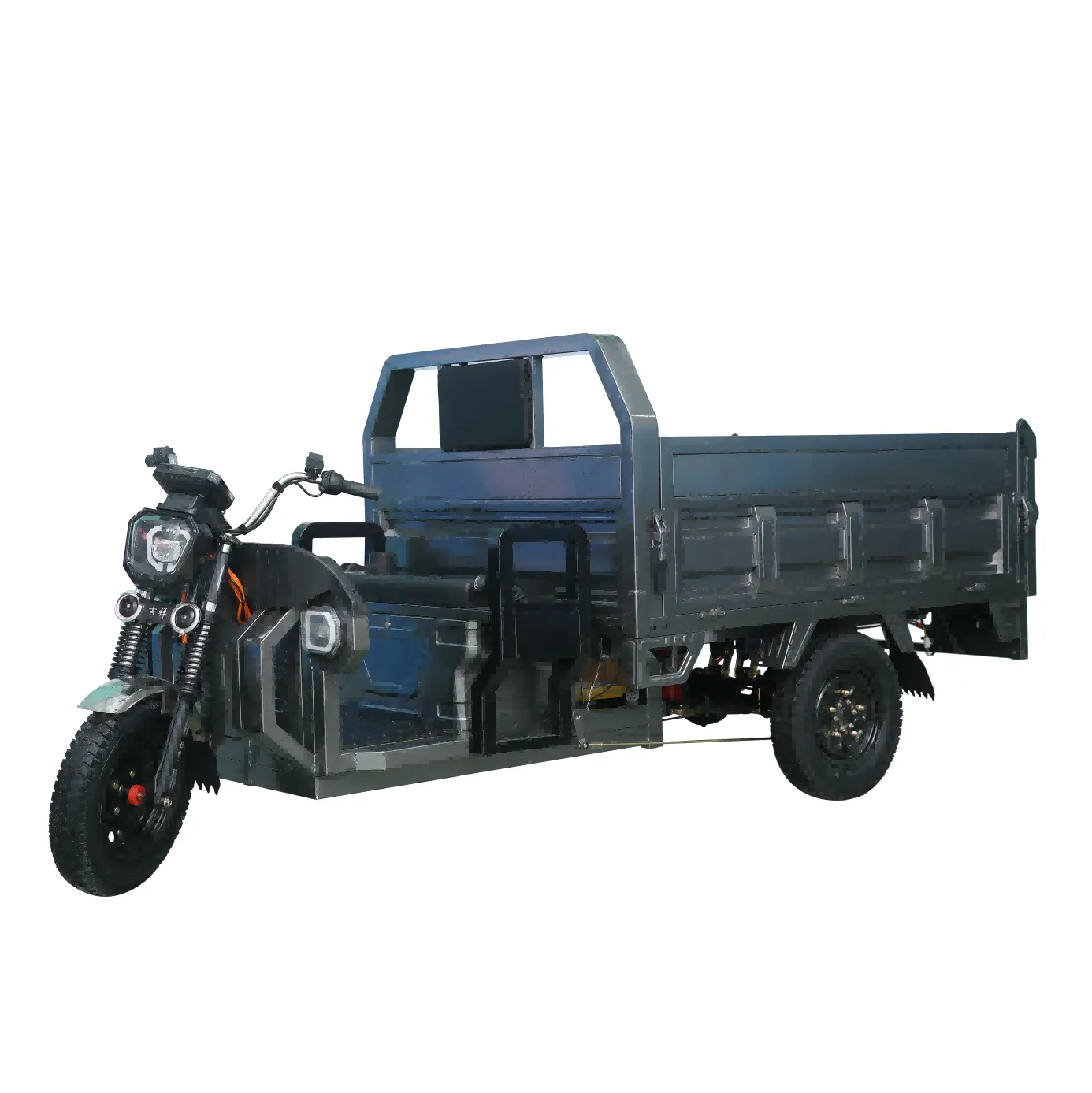Understanding the Commercial Impact of Three Wheeler Vehicles
In today's dynamic business landscape, selecting the right commercial vehicle can significantly impact your operational efficiency and bottom line. Three wheeler vehicles have emerged as a versatile solution for various business needs, offering an optimal balance between mobility, cargo capacity, and cost-effectiveness. Whether you're in last-mile delivery, street vending, or small-scale transportation, understanding how to choose the perfect three wheeler for your specific requirements is crucial for business success.
The commercial vehicle market has witnessed a substantial shift towards three wheeler solutions, particularly in urban environments where maneuverability and efficiency are paramount. These vehicles have proven their worth across diverse business applications, from e-commerce deliveries to mobile retail operations. Their compact design and operational advantages make them an increasingly popular choice for entrepreneurs and established businesses alike.
Essential Features and Specifications
Engine Performance and Fuel Efficiency
When evaluating a three wheeler for your business, engine performance should be at the top of your consideration list. Modern three wheeler vehicles come equipped with engines ranging from 150cc to 600cc, each suited for different commercial applications. For urban deliveries and light cargo transport, a 200-250cc engine often provides the ideal balance between power and fuel efficiency.
Fuel efficiency plays a crucial role in determining your operational costs. Most contemporary three wheeler models offer impressive mileage, ranging from 35 to 45 kilometers per liter. Consider your daily route distances and typical cargo weight to determine the most economical option for your business model.
Load Capacity and Cargo Space
The loading capacity of your three wheeler directly impacts your business efficiency. Most commercial models offer payload capacities between 400 to 750 kilograms. Consider not just the weight capacity but also the cargo volume available. Some models feature customizable cargo beds that can be modified to suit specific business needs, whether it's enclosed storage for sensitive deliveries or open platforms for bulky items.
Advanced models now come with reinforced suspension systems and robust chassis designs that enhance load-bearing capabilities while maintaining vehicle stability. This is particularly important when transporting delicate merchandise or operating in areas with uneven terrain.
Business-Specific Considerations
Industry-Tailored Solutions
Different business sectors require specific features in their three wheeler vehicles. For food delivery services, temperature-controlled storage compartments might be essential. Mobile vendors might need display windows or serving counters integrated into the vehicle design. Understanding your industry's unique requirements helps narrow down the most suitable options.
Consider the growth trajectory of your business when selecting a three wheeler. While current needs are important, choosing a vehicle that can accommodate future expansion can prove more cost-effective in the long run. Many manufacturers offer modular designs that allow for easy modifications as your business evolves.
Regulatory Compliance and Licensing
Before finalizing your three wheeler selection, thoroughly research local regulations regarding commercial vehicle operations. Different regions may have specific requirements for vehicle size, emissions standards, and operational permits. Ensure your chosen model complies with all applicable regulations to avoid future complications.
Consider the type of driver's license required to operate the vehicle in your area. Some regions may require special commercial licenses for three wheeler operations. Factor in these requirements when planning your business operations and staff training programs.

Cost Analysis and Return on Investment
Initial Investment Considerations
Beyond the purchase price of the three wheeler, calculate the total cost of ownership. This includes registration fees, insurance costs, and any necessary modifications for your specific business use. Compare financing options from different dealers and consider whether leasing might be more advantageous for your business model.
Factor in the cost of additional equipment or customizations required for your operation. Some businesses might need GPS tracking systems, security features, or specialized storage solutions. These additions should be included in your initial budget planning.
Operational Costs and Maintenance
Regular maintenance is crucial for keeping your three wheeler in optimal condition. Research the availability and cost of spare parts, as well as the presence of authorized service centers in your operational area. Some manufacturers offer comprehensive maintenance packages that can help manage these costs more effectively.
Consider the vehicle's fuel consumption patterns and how they align with your business routes and usage patterns. Electric three wheeler options might offer lower operational costs in the long run, despite higher initial investment. Calculate the break-even point and potential savings over the vehicle's expected lifespan.
Frequently Asked Questions
What are the main advantages of choosing a three wheeler for business operations?
Three wheeler vehicles offer exceptional maneuverability in urban environments, lower operational costs compared to larger commercial vehicles, and versatile cargo solutions for various business needs. They also provide excellent fuel efficiency and require minimal parking space, making them ideal for small to medium-sized business operations.
How do I determine the right cargo capacity for my business needs?
Assess your average daily cargo volume and weight requirements, considering peak business periods. Add a 20-30% buffer to account for business growth and occasional larger loads. Also, consider the nature of your goods and whether you need specialized storage features like temperature control or secure compartments.
Should I consider an electric three wheeler for my business?
Electric three wheelers can be an excellent choice if your daily routes are within the vehicle's range capacity and you have access to charging infrastructure. They offer lower operating costs, reduced maintenance requirements, and often comply with stricter environmental regulations. However, consider factors like initial cost, charging time, and battery life before making the switch.

